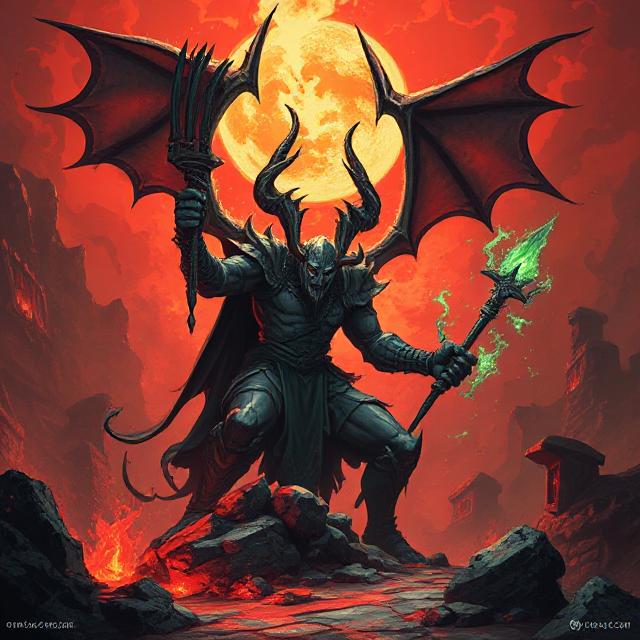
When Hades launched, it didn’t just win awards—it rewrote the rules of what a roguelike could be. Developed by Supergiant Games, Hades seamlessly blended procedurally generated levels with rich storytelling and addictive combat. It became an instant classic—and a design blueprint for others to follow.
At the heart of Hades is repetition with progression. Roguelikes often challenge players to die and retry, but few make that loop as rewarding. Each run in Hades grants resources for permanent upgrades, meaning failure still feels like forward momentum.
The game’s narrative structure is revolutionary. Instead of forcing story into static moments, Hades delivers plot organically between runs. Characters remember your actions. Conversations evolve. Even dying reveals new dialogue. It feels alive, reactive, and deeply personal.
Combat is tight, fast, and varied. With six weapon types, dozens of upgrade paths, and unique Boons from Olympian gods, no two runs feel the same. The synergy between skills creates an incredible amount of replay value.
Art and music? Gorgeous. The game’s hand-drawn style and dynamic soundtrack enhance immersion without overwhelming the senses.
But what truly makes Hades a masterclass is its respect for player time. It offers challenge, yes—but also fairness, humor, heart, and an endgame that feels satisfying rather than endless. It proves that roguelikes can be as narratively rich as any RPG—and just as emotionally resonant.

Leave a Reply